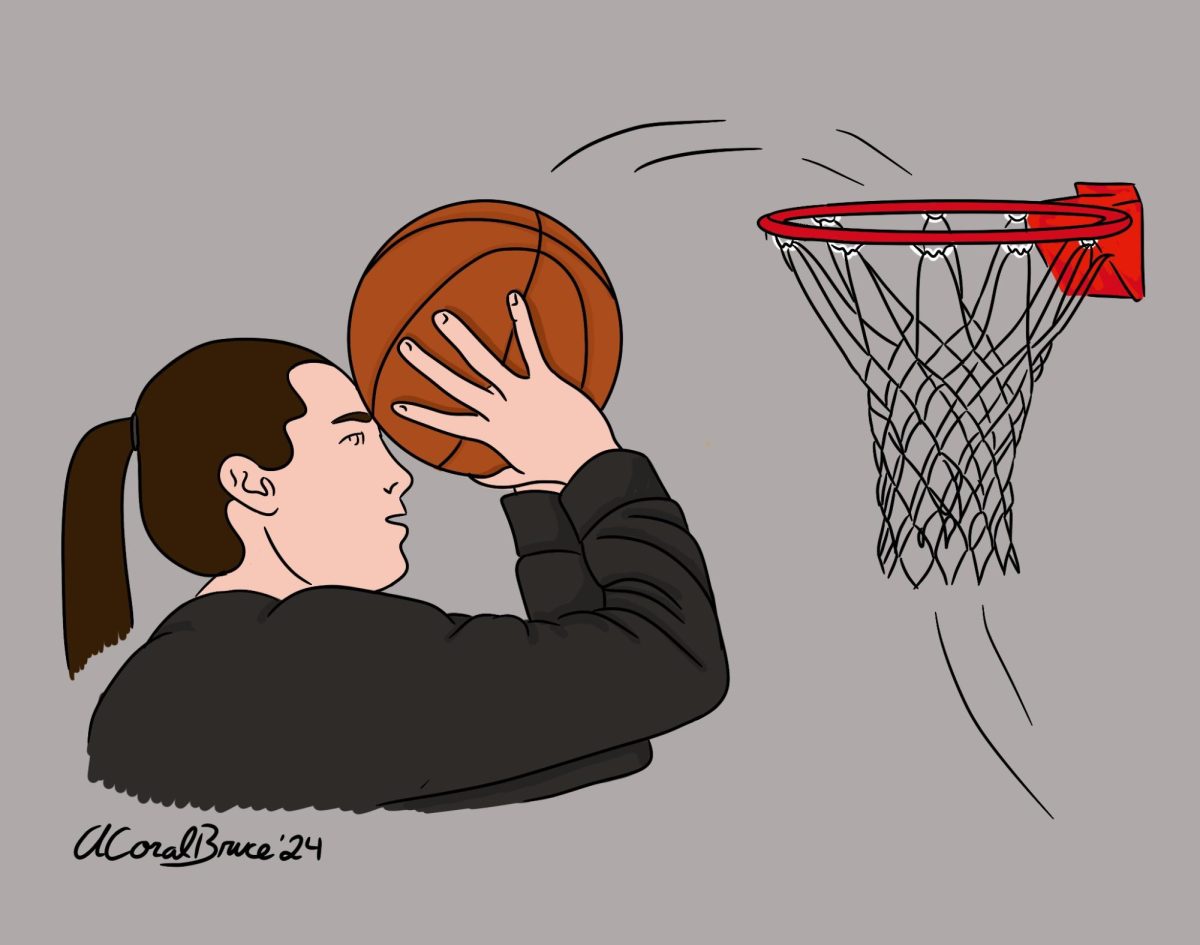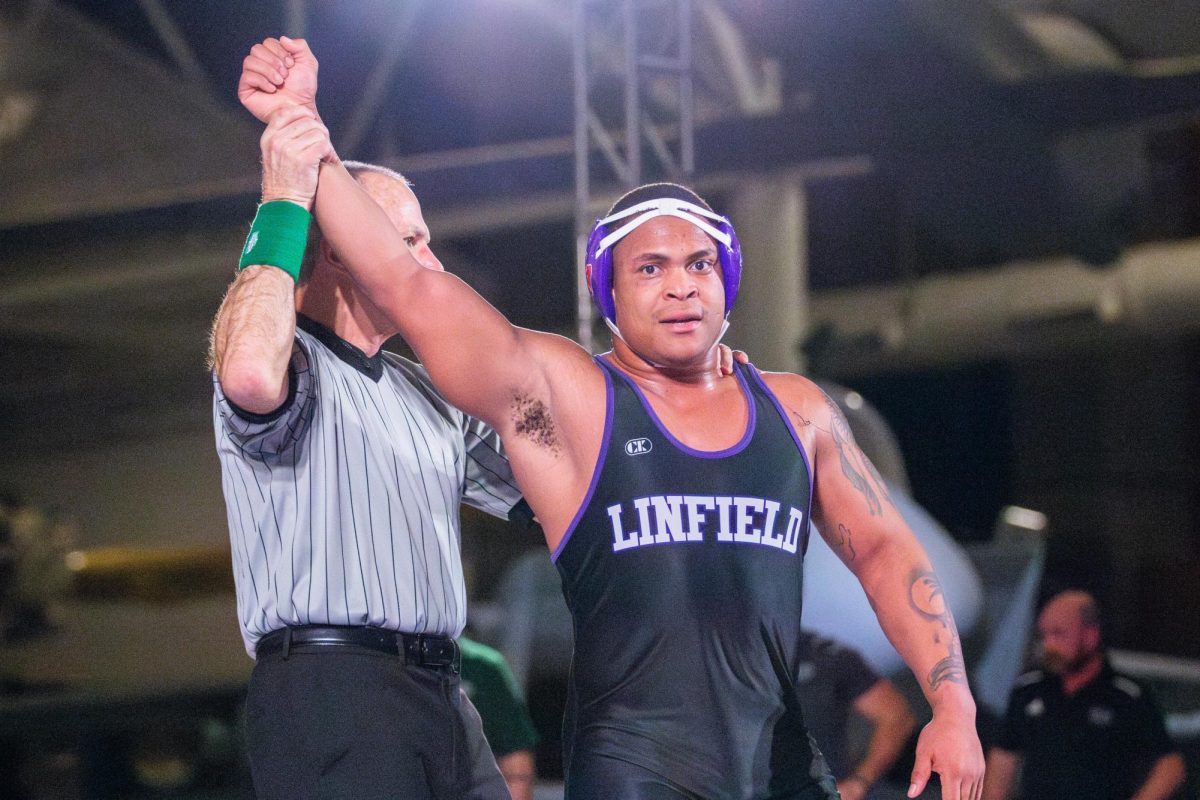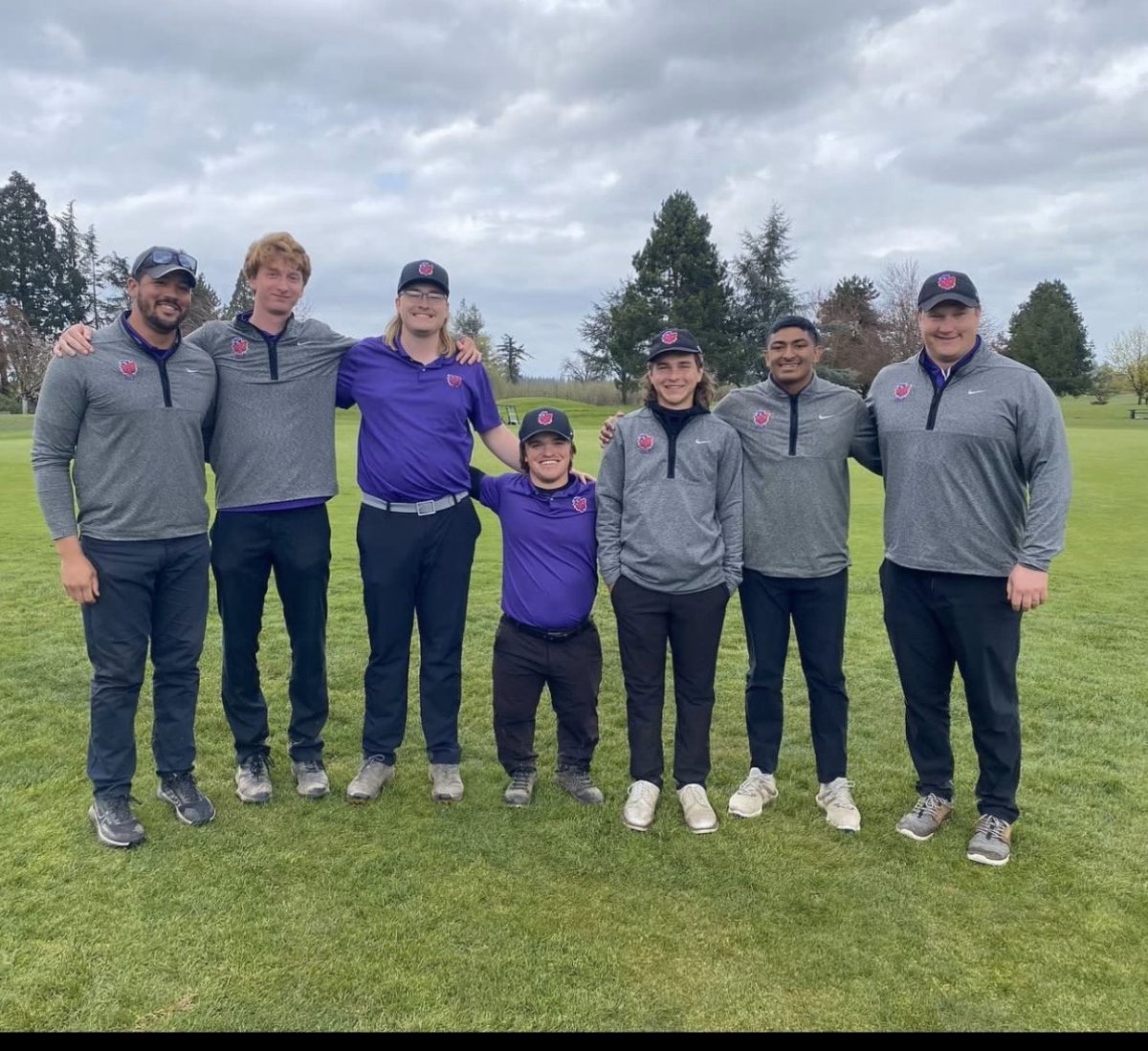Kurtis Williams – For the Review. Watching sports can simultaneously be the most entertaining and most agonizing social activity people, typically males, participate in. “TOUCHDOWN!” “Go Wildcats!” “What the hell was that?!”
Cheering for your team is understandable. Yelling and getting upset at the referees, however, is usually uncalled for.
Here are some things to remember the next time you see what you think is a bad call:
• The call has been made; the play is over. Griping about it will not change anything. Referees are generally not persuaded by a chorus of boos. If you are watching the game on TV, complaints fall on deaf ears. Sit, take a breath and remember: It’s just a game.
• The referee is there for a reason. Classes, training, practice, evaluations, postgame analysis: All of these are standard prerequisites for high-level officials. The referees you see on television are there because they are qualified. Additionally, most associations have review processes for referees who make atrocious calls in order to prevent future mistakes.
• Referees see things differently. Officials are in a different position than you, as they are often partially or fully blocked from view by the likes of 6’7” mammoth players. Things can be missed. Cameras do not capture the same things referees see and vice versa.
In an enormous English soccer match Nov. 8, one such instance arose.
Manchester United, ranked third in the league, was playing first-place Chelsea F.C. The league’s second-leading scorer, Chelsea forward Didier Drogba, went down in a heap inside the penalty area after an aerial challenge from United’s Jonny Evans.
After being tended to by medical staff, Drogba was given a yellow card for simulating a foul, known as diving or flopping. The referee, however, did not see what viewers did. Replays showed Evans straightening his leg and kicking his cleats into Drogba’s chest à la Jackie Chan. Chelsea overcame the injustice to win the game 1-0. No harm done.
• Officials are closer to the action. Players are always looking for an edge to top their opponents, whether it be mental, physical or emotional. Many subtle aspects of any game go unseen by TV viewers and even in-person spectators. In order to prevent games from getting out of control, referees often call light fouls. This helps reign in emotion and settle boiling blood.
• With Division I and NFL football, instant replay comes into the picture. This usually remedies poor calls, and no one remembers them afterward. Occasionally, mistakes are made, and leagues often acknowledge and punish officials for them.
In college football, replays are not reviewed by the on-field referees, but by replay officials in a booth.
No. 9 Louisiana State University clearly intercepted a pass along the sideline against No. 3 Alabama on Nov. 7. LSU should have had the ball with five minutes left and 70 yards to work with.
Instead, the replay crew called an incomplete pass, and Alabama went on to kick a field goal and win the game, setting it up for a national championship run.
In the end, the best teams find ways to overcome wayward calls. If one call does decide a game, teams and fans should look at chances not capitalized on, not the referees. They too often become scapegoats for teams and fans who are too blind with rage to see the faults of their own squad.






